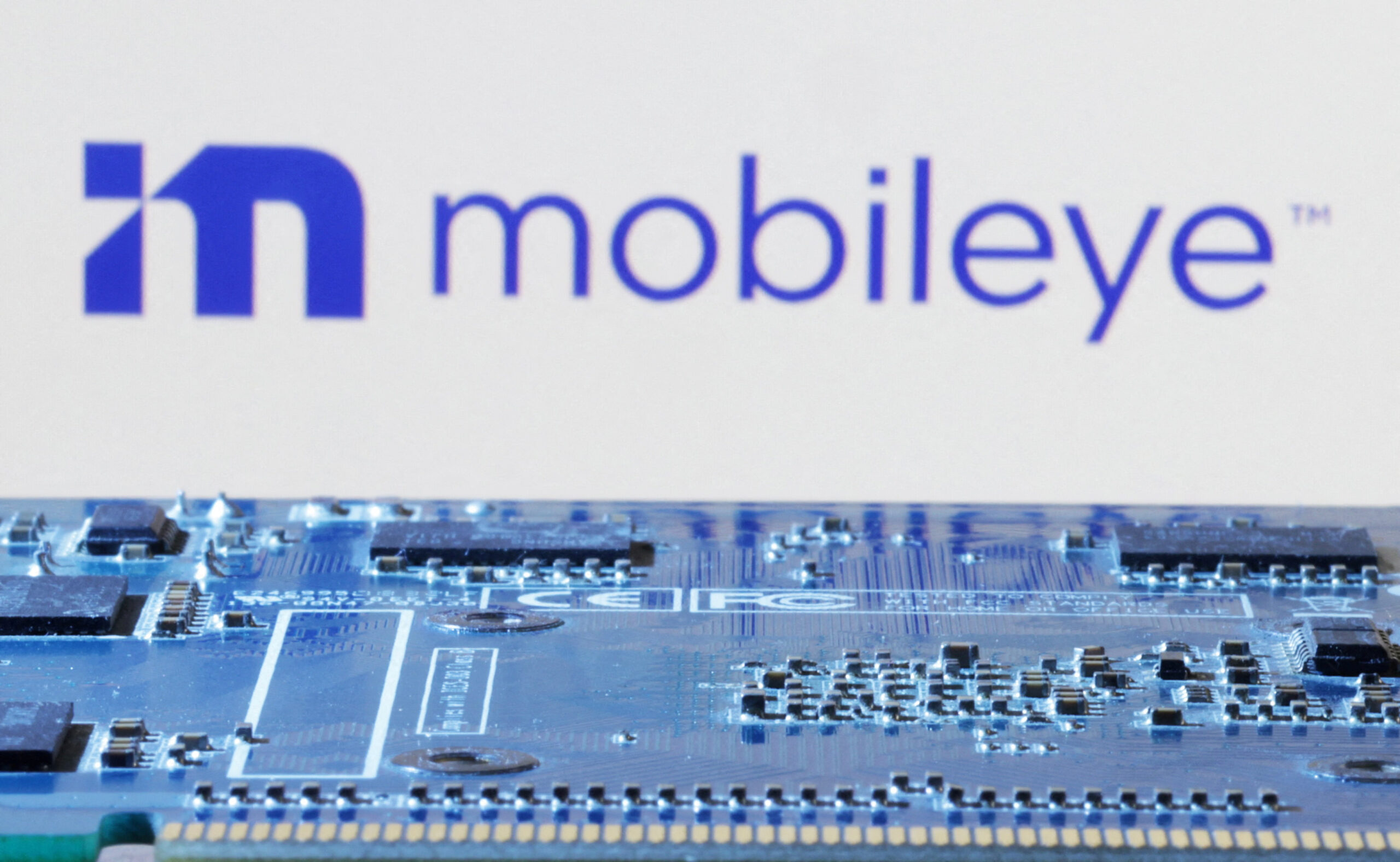On Thursday, Mobileye Global (NASDAQ: MBLY) cut its annual revenue and profit forecasts, slammed by volatile demand for its driver-assistance chips in China, even as it recovered from a sales slump brought on by a global auto inventory glut.
Shares of the Israel-based automotive tech company tumbled over 24% in early trading, putting it on track to lose more than $4 billion in market value if losses hold.
Automakers worldwide had scaled back orders with their suppliers due to a pandemic-induced inventory glut. While inventories have now largely normalized, weak consumer demand has spurred production cuts at carmakers, translating into fewer orders for Mobileye’s chips.
A frail Chinese economy meant a cut in big-ticket spending by consumers in the country, prompting Chinese automakers to cut orders at Mobileye. China’s car sales fell 2.9% in June, according to data from the China Passenger Car Association.
“China automotive is very, very volatile. It’s very difficult to make an accurate forecast. This is why we took… what would be the worst case for 2024… Our guidance does not reflect our optimistic view. It reflects our worst-case view,” CEO Amnon Shashua said in an earnings call.
Mobileye (NASDAQ: MBLY) now expects 2024 shipment volumes of its mass-market EyeQ chips to be between 28 million and 29 million, down from 31 million to 33 million projected earlier.
Shipment forecasts for its more advanced SuperVision system, which investors have been focused on, were also cut to 110,000 to 130,000, from 175,000 to 195,000 previously.
“The narrative on Mobileye is more tied to SuperVision than macro. Winning SuperVision is a huge aspect and that’s what the stock is trading on… More contracts were supposed to come in H2 and we’re already in August, so some investors might be getting a little impatient,” RBC Capital Markets analyst Tom Narayan said.
Mobileye expects full-year revenue of $1.60 billion to $1.68 billion, lower than $1.83 billion to $1.96 billion expected previously. Analysts estimate $1.87 billion, according to LSEG data.
It reported second-quarter revenue of $439 million, beating analysts’ average estimate of $424.8 million.
(Source: Reuters)
Jennifer Tacker is a staff writer at ABBO News. She holds a B.A. from the University of Waterloo and a B.Ed from Western University. Jennifer has been active in the stock market and crypto sector for a decade. She specializes in technical analysis and trading strategies. Read Full Bio










